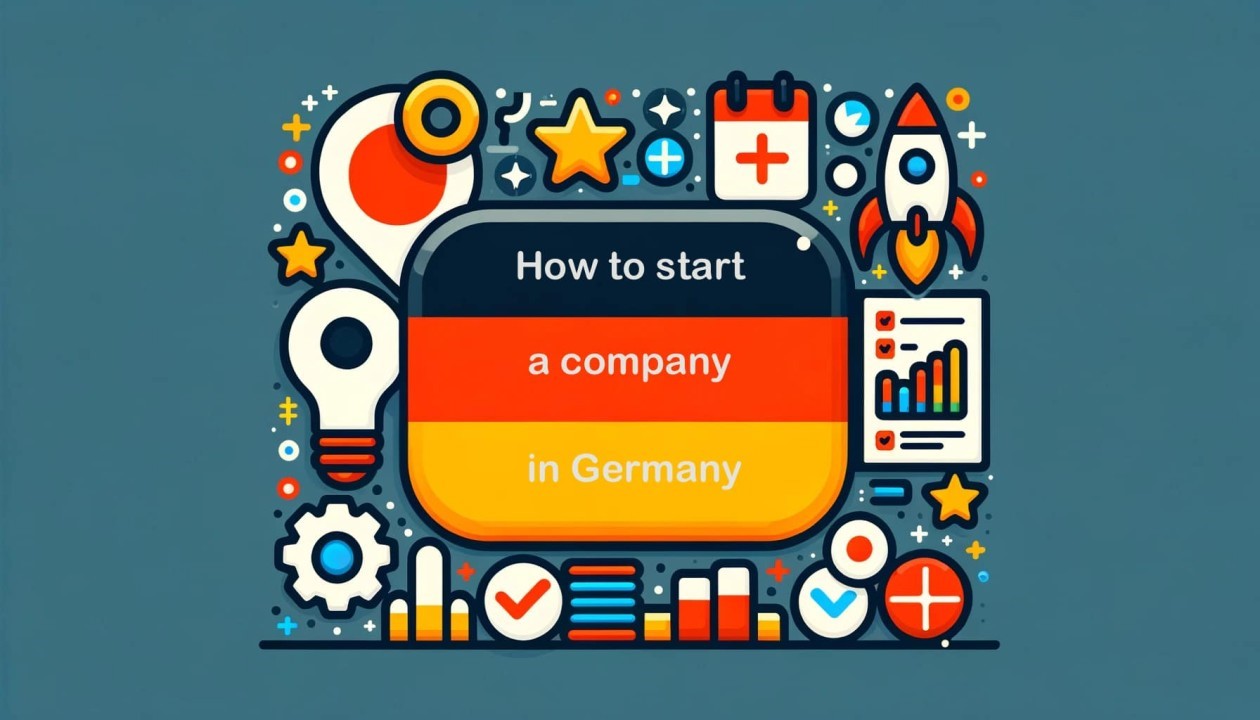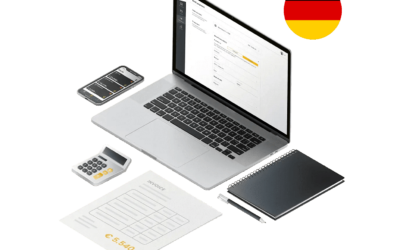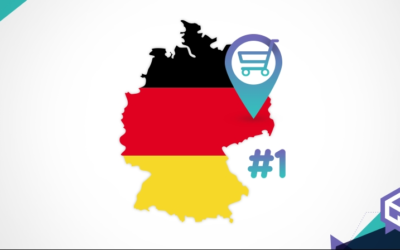When the visa is received, you can move on to the next stage – choosing a business activity. In this matter, business in Germany is quite similar to other countries. Here, too, one of the most popular options for beginning businessmen is an analog of an LLC (limited liability company) called a GmbH. This form of ownership provides favorable conditions for entrepreneurs:
| 1 |
at least one shareholder is sufficient; |
| 2 |
mandatory – having an internal German legal address; |
| 3 |
authorized capital – 25 thousand euros (half must be in an account in one of the German banks). |
Another option to start a business in Germany with a limited amount of finance is to choose the Mini-GmbH form of ownership. The conditions for registering a business will be very similar in this case. The only difference is that the entrepreneur will not need to confirm the presence of an authorized capital of 25 thousand euros. If he does not have that kind of money, he can still open his own business, but a quarter of the profit will need to be set aside until the amount is accumulated.
The options described above are suitable if a person wants to start a business in Germany. Some have already implemented their business idea in their home country but want to expand the scale and open additional companies in other countries. For such cases, a form of doing business called a “branch” is suitable. It can be either dependent or autonomous. In the first case, the new company will be completely subordinate to the main one – making business decisions, purchasing, selling goods, etc. Often, the creation of a dependent branch is required to find new partners and an additional market.

























































